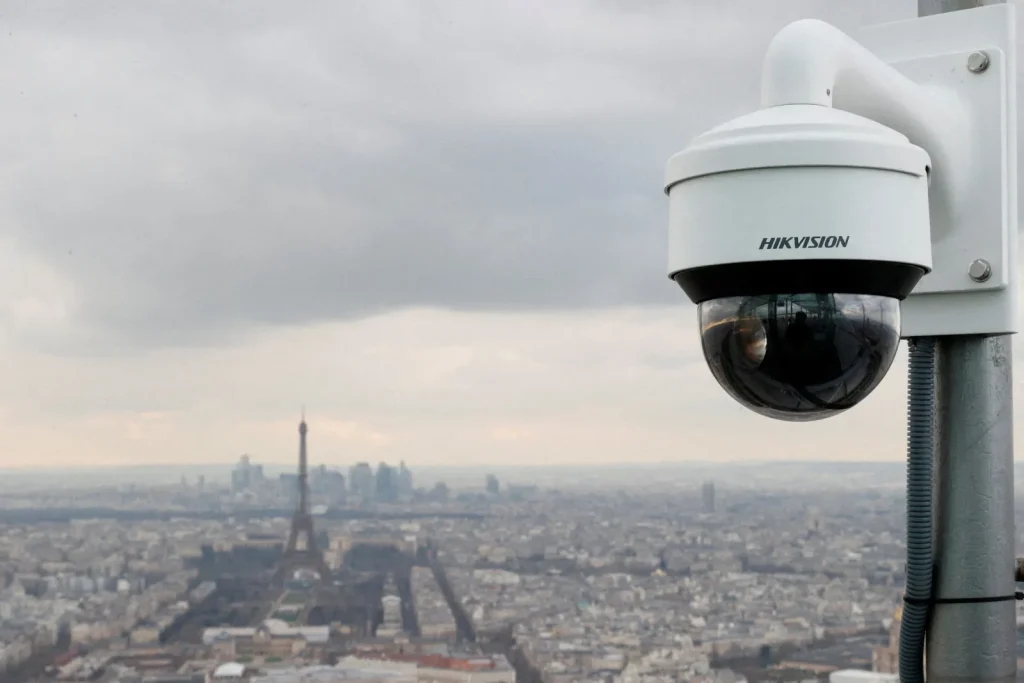As artificial intelligence continues to advance at a rapid pace, global leaders and experts are gathering at the AI Action Summit in Paris to discuss the future of AI governance. The summit, set to take place in February, holds particular significance as it marks a pivotal moment for addressing the risks associated with AI development, particularly in the context of shifting geopolitical tensions and evolving technological capabilities.
A Growing Need for AI Regulation
AI technologies are evolving at an unprecedented rate, and while they bring significant benefits, they also introduce considerable risks. Cyberattacks, deepfakes, and the use of AI in biotechnology are just a few of the pressing concerns that need to be addressed. In some instances, AI is already outperforming experts in fields like cybersecurity and science, presenting both an opportunity and a threat. The AI Action Summit will focus on the urgent need for robust regulatory frameworks to address these issues.
However, there has been little tangible progress since earlier AI summits in Bletchley Park and Seoul, where governments and tech giants alike agreed on the need for greater safety measures. With the new political climate shaped by rising nationalism and competition between global powers, the question remains: can international leaders reach meaningful agreements on AI safety, or will these discussions fall short?
Geopolitical Tensions and AI’s Future
The geopolitical landscape has dramatically shifted, adding complexity to the summit’s goals. The competition between the U.S. and China for AI supremacy has intensified, with both countries positioning AI as a critical strategic advantage. The U.S. has embraced a more protectionist stance under former President Trump, threatening tariffs and rolling back regulations that were initially designed to safeguard AI development. Meanwhile, China’s rapid advances in AI technologies, particularly with its DeepSeek project, have raised concerns about the global balance of power.
In this tense environment, the role of Europe becomes more crucial than ever. Once seen as a global leader in tech regulation, Europe is now wary of stifling innovation in favor of stricter rules. The EU’s shifting approach could have far-reaching consequences for smaller companies and startups looking to compete with tech giants from the U.S. and China.
The Summit’s Potential: A Defining Moment for AI Governance
For the Paris summit to be a success, three main goals must be met. First, it is essential to assess the progress made since previous summits regarding AI safety and transparency commitments. Without concrete mechanisms to ensure compliance, the most negligent players in the industry may continue to set the tone for the future of AI development.
Second, France’s diplomatic efforts will be crucial in fostering dialogue between global powers. If the U.S. and China view AI development purely through the lens of competition, it may be difficult to reach consensus on key safety standards. France, with its neutral stance, could serve as a mediator to encourage cooperation and prevent further escalation.
Lastly, Europe must not lose sight of its regulatory ambitions. Weakening regulations in favor of global competitiveness could harm smaller tech companies in Europe and ultimately benefit dominant U.S. firms. To truly lead the way in AI innovation, Europe must establish clear, enforceable regulations that ensure both transparency and safety.
Conclusion: The Stakes Are High
The Paris AI Action Summit is a critical test for the future of global AI governance. The decisions made at this summit will shape the trajectory of AI development for years to come, determining whether international collaboration can address the societal, environmental, and security challenges posed by AI. With rising geopolitical tensions, the urgency for clear and actionable agreements has never been greater. The summit offers a window of opportunity to ensure that AI’s growth is both responsible and sustainable for the future of all nations.



Comments (0)
No comments yet. Be the first to comment!
Leave a Comment